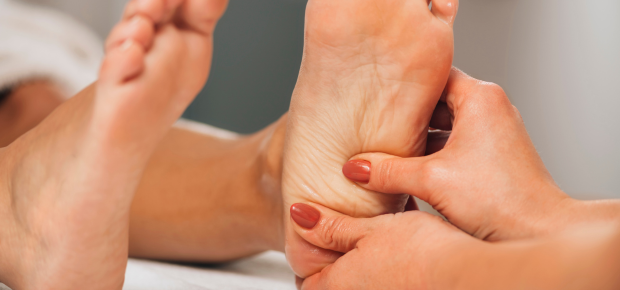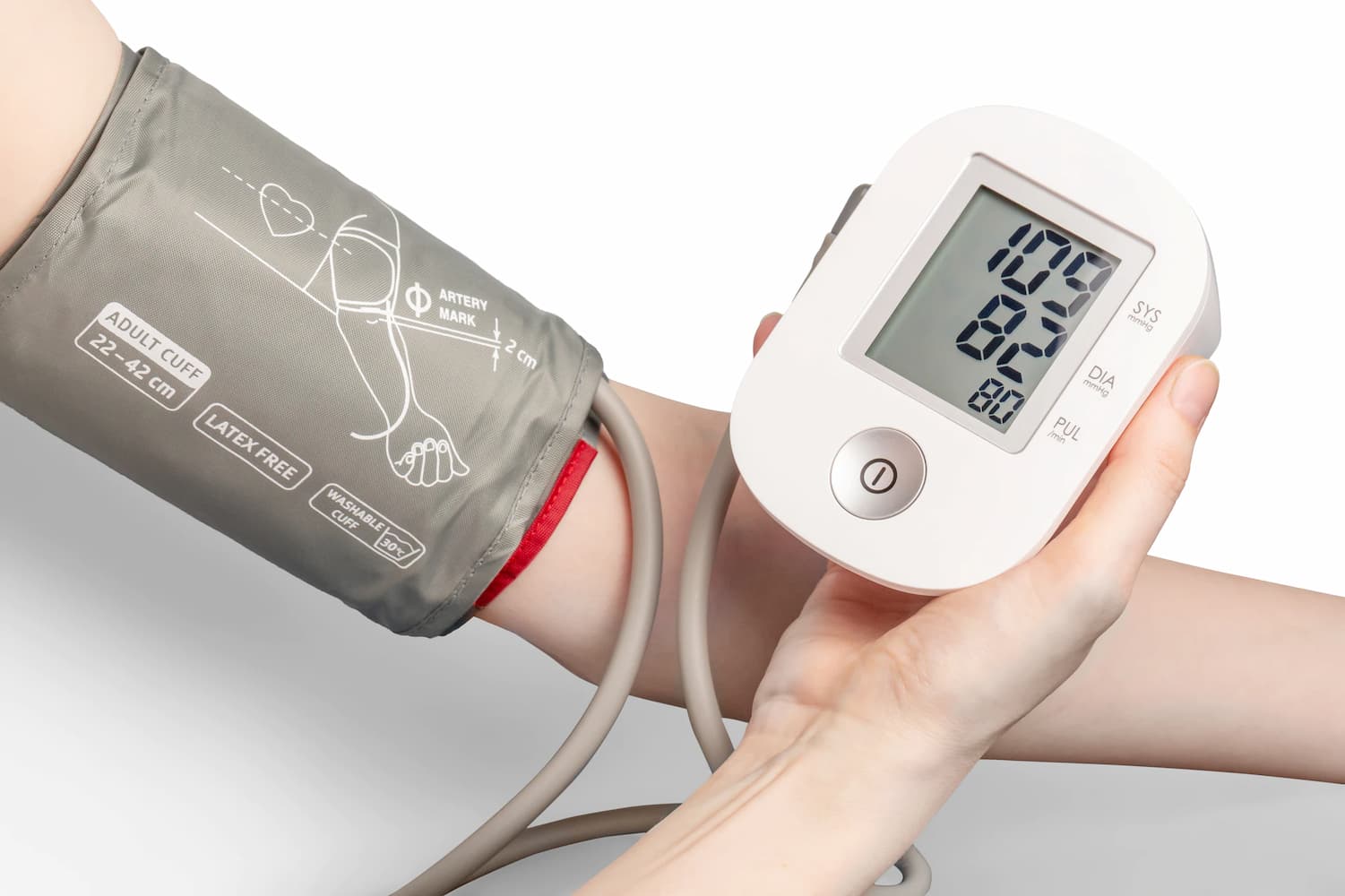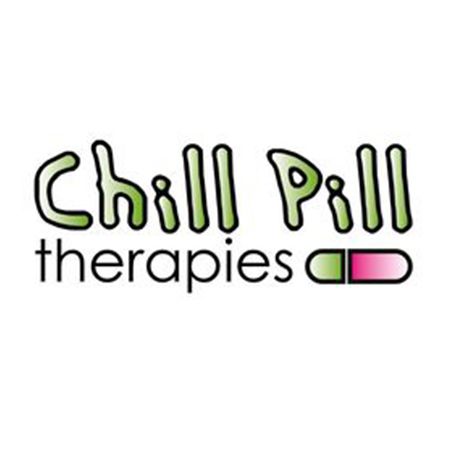
Reflexology might sound a bit fancy, but it’s really just a gentle, hands-on way to help your body feel more balanced. It’s non-invasive (no needles or machines) and aims to support your overall wellbeing—whether you’re feeling a bit run-down or just want to keep things running smoothly. A lot of people who try it, along with experienced practitioners, reckon it can make a real difference—especially when it comes to hormonal ups and downs.
Hormonal imbalances & their impact on overall wellbeing
Hormones are the chemical messengers of the human body, responsible for regulating numerous bodily functions, such as sleep, blood sugar levels and metabolism, and maintaining a delicate balance.
When this balance is disrupted, hormonal imbalances can occur, triggering a wide range of physical, mental, and emotional effects. Understanding the significance of hormonal imbalances is crucial as it sheds light on their profound impact on overall wellbeing.
Physical manifestations
Hormones help manage stuff like metabolism, sleep, digestion, growth, and immunity. So when they’re off, your body starts giving you clues—some more subtle than others. You might:
-
Gain or lose weight without changing your diet
-
Feel tired all the time
-
Struggle with sleep
-
Deal with digestive issues like bloating or constipation
-
Break out with skin problems you haven’t had in years
These symptoms might seem random on their own, but together? They’re often a big sign your hormones are trying to get your attention.
Your mood takes a hit too
Ever felt super snappy or low for no clear reason? Hormones like estrogen, progesterone, testosterone, thyroid hormones, and cortisol have a huge effect on your mood and brain function.
If they're not balanced, you might experience:
-
Mood swings or feeling really irritable
-
Anxiety that sneaks up on you
-
Feeling flat or even depressed
-
Brain fog or trouble concentrating
Basically, when your hormones are all over the place, your emotions tend to follow.
Hormones and reproductive health
This is a big one. In women, hormonal imbalances can lead to:
-
Irregular periods
-
Heavy bleeding or intense PMS
-
Trouble getting pregnant
-
PCOS (polycystic ovary syndrome)
Men can also be affected with issues like:
-
Low libido
-
Erectile dysfunction
-
Reduced fertility
All of this can seriously affect your confidence, relationships, and general quality of life. It’s more common than people think—and it’s not just “in your head.”
Bones, muscles, and everything in between
You might not think about your bones and muscles when you hear “hormonal imbalance,” but yep—they’re involved too. Hormones like estrogen and testosterone help keep your bones strong and your muscles working properly.
If those levels drop, especially with age or stress, it can lead to:
-
Weaker bones (osteoporosis risk)
-
Muscle loss
-
Reduced strength or slower recovery after exercise
So if you’ve been feeling a bit stiff, weak, or just “not yourself,” it could be hormone-related.
Metabolism and heart health? Also connected
This part tends to surprise people. Hormonal issues can mess with your metabolism, making it harder to manage your weight, blood sugar, and even cholesterol levels.
For example:
-
Insulin resistance (when your cells don’t respond well to insulin) can lead to weight gain and prediabetes
-
Cortisol spikes from stress can make your body store more fat
-
Oestrogen and testosterone imbalances can affect how your body processes fats and sugar, raising your risk for high blood pressure or heart disease
So yeah—it’s all connected. And if you’ve been dealing with a few of these symptoms at once, there’s a good chance your hormones are in the mix somewhere.
What throws your hormones off?
Your body works best when your hormones are in balance. But let’s be honest—it doesn’t take much to tip things out of whack. When that balance is off, everything from your energy to your skin, mood, and metabolism can start acting up.
So what causes hormonal chaos? A few things, actually.
The usual suspects:
-
Stress (yep, the big one)
-
Poor nutrition
-
Medical conditions
-
Genetics
-
Natural hormone shifts (like puberty, pregnancy, perimenopause, or ageing)
We all go through hormonal changes—some are totally normal, others are triggered by lifestyle or health issues. But the two that come up most often? Stress and diet.
The negative effects of elevated cortisol levels include:
 High blood pressure
High blood pressure- A weakened immune system
- Infertility, PMS and other sexual disorders in women
- Prostate and erectile problems in men
- Weight gain
- Acne and other skin problems
- Brain fog
- Cushing's syndrome
Symptoms of Hormonal Imbalance
The symptoms of hormonal imbalance can vary depending on the specific hormones involved but may include:
- irregular menstrual cycles
- mood swings
- weight gain or loss
- fatigue
- acne and more
Paying attention to the early signs of a hormonal imbalance can make a big difference. When you recognise something’s not quite right and get the right support, it’s easier to take steps toward feeling better and bringing your body back into balance.
How reflexology supports hormonal balance
Reflexology might seem simple—pressing on certain points of your feet, hands, or ears—but there’s more going on beneath the surface. It’s based on the idea that different parts of your body are linked through what are called “reflex points.”
These points are connected to organs, glands, and systems—including your endocrine system, which is in charge of your hormones.
So when your reflexologist works on these spots (especially on your feet), they’re not just helping you relax—they’re supporting your body’s own ability to find balance again.
What’s actually happening in the body?
Your endocrine glands—like the pituitary, thyroid, adrenals, and ovaries or testes—all have reflex points mapped out on the feet. For example:
-
The pituitary gland, which oversees your hormone levels, links to the centre of the big toe
-
The thyroid and parathyroid glands are reflected at the base of the big toe
-
The adrenal glands, which pump out cortisol during stress, show up on the inner arches of your feet
When these points are gently pressed or massaged, it stimulates thousands of nerve endings and encourages the glands to work more efficiently. You might not feel anything straight away, but over time, this can help shift things back into balance—especially when stress is part of the picture.
Reflexology and your “happy hormones”
Another bonus? Reflexology has been shown to trigger the release of feel-good chemicals like endorphins, serotonin, and dopamine. These help improve mood, reduce stress, and promote that sense of calm many people notice after a session.
Less stress usually means lower cortisol (the stress hormone), which is great news for your hormones overall. When cortisol’s too high for too long, it can mess with everything from sleep and digestion to fertility and blood sugar levels.
A review by Healthline also mentions that reflexology may help manage hormonal issues and support general endocrine function, particularly in combination with lifestyle changes.
Other benefits that support hormonal health
People often report feeling better in lots of ways after regular reflexology. Some of the potential benefits include:
-
Better circulation, which supports your organs and glands
-
Improved immune function
-
Detoxification, helping the body clear waste more effectively
-
Relief from bloating or digestive discomfort
-
Stimulation of reproductive glands, which can be useful for people dealing with PMS, PCOS, or fertility issues
All of these effects can feed into helping your hormones settle down and do what they’re meant to do.
What does the research say?
While reflexology isn’t a quick fix or a one-size-fits-all solution, some studies have shown promising results:
-
One study from UCLA found that 62% of women who received regular reflexology treatments noticed a clear improvement in PMS symptoms like bloating, mood swings, and fatigue
-
Another small clinical trial reported improvements in menstrual regularity and testosterone levels for women with PCOS after consistent reflexology sessions
-
Research published in the Journal of Education and Health Promotion also showed that reflexology helped reduce anxiety and emotional distress, both of which are linked to hormone imbalance.
-
According to Better Health Channel – Victoria State Government, reflexology can aid in improving overall wellbeing by encouraging the body to restore its own healthy balance
East meets West: different views, same outcome
Reflexology’s roots come from Traditional Chinese Medicine (TCM), which talks about energy meridians and a life force called qi (pronounced “chee”). These energy lines are thought to run through the body, connecting different organs—including the glands that manage your hormones.
Now, this idea hasn’t been fully proven in Western medicine, but even modern science agrees that stimulating the feet (which contain over 7,000 nerve endings!) can send calming signals to the brain, triggering what’s known as the relaxation response.
When that happens, your body shifts from “fight or flight” into “rest and digest”—and that’s when hormone repair and balance can happen more easily.
|
Do you have a natural health & wellness business? |









